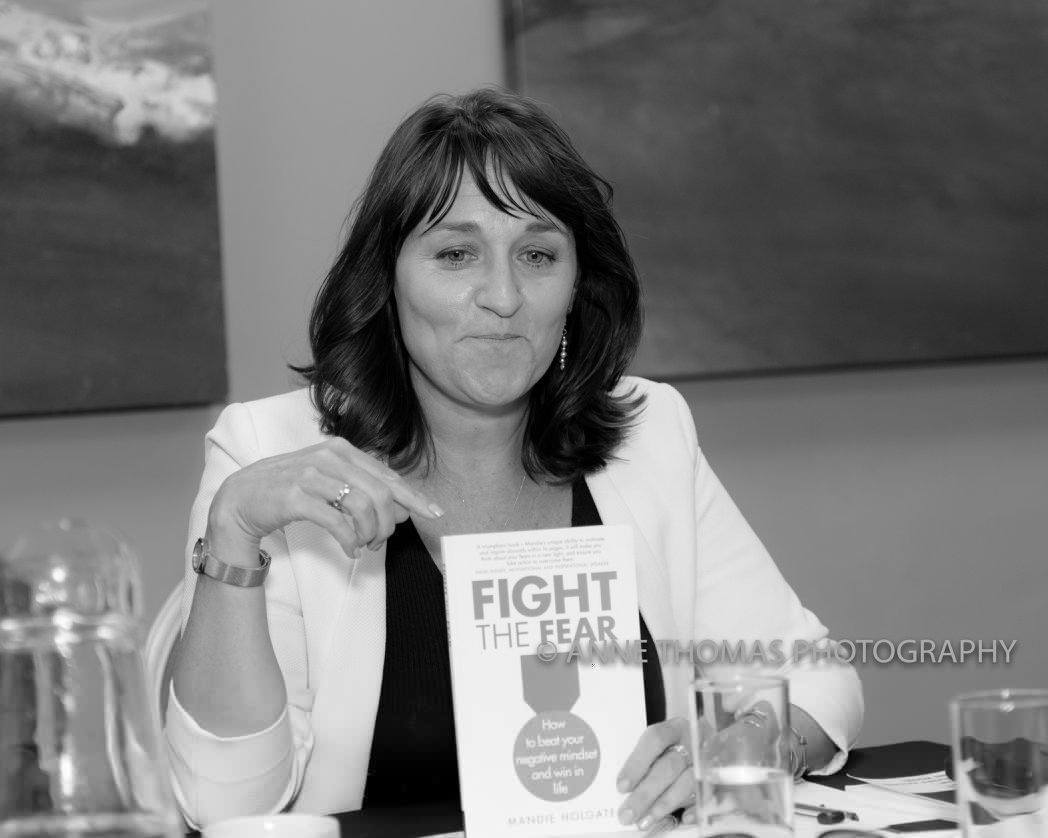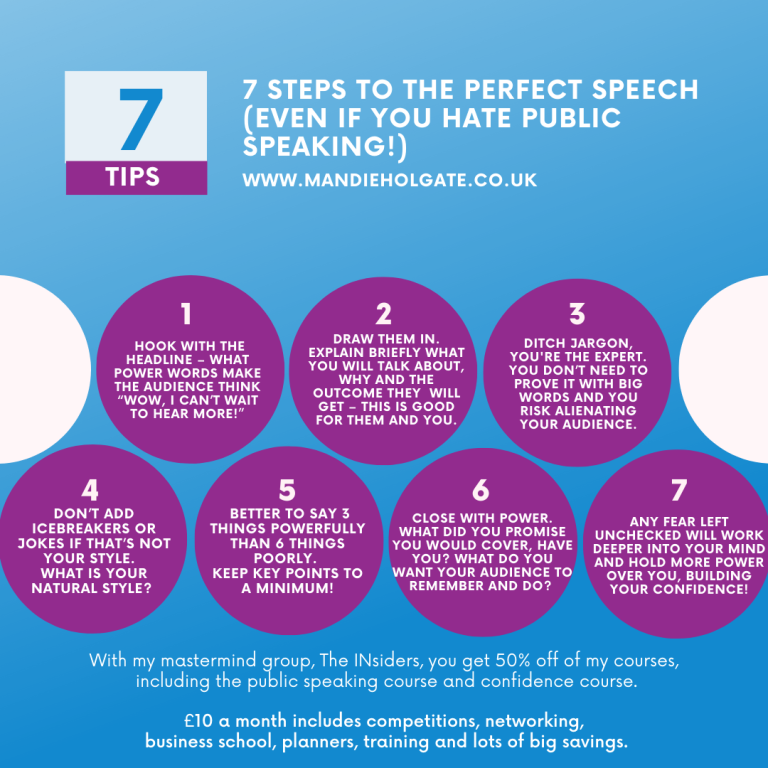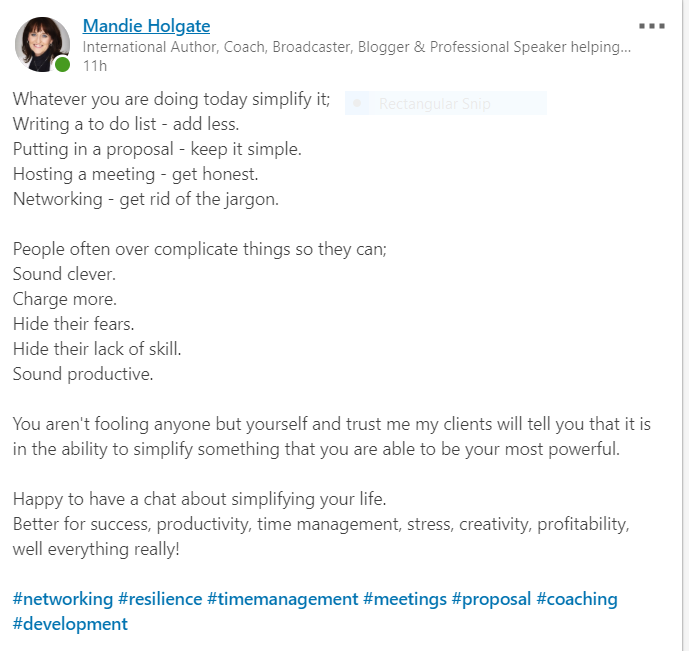How to talk to people you don’t want to.
When coaching someone I will often come across a situation where someone is uncomfortable in confronting someone. Not “all across the bar in someone’s face Eastenders” style, but how to get to the bottom of things like:
- Why have they not replied?
- Why have they cancelled their order?
- How dare they say that about me, they’ve damaging our reputation!
- It’s disgusting that they are using our brand, our content and know they’ve doing it!
- They don’t have the decency to ask me, just doing something they know will upset me!
- They just don’t care about us and rarely consider our department.
So the next time you feel you are faced with a situation that you would love to get to the bottom of but just don’t have the guts to do so, here are a few ideas for you.
Firstly it’s not about having the guts to say something. How many times as a child did you walk away from a bully thinking “I wish I had said that!” Do you know why I think we didn’t say that? Not only because we were scared we were going to get pummeled in front of half the school, but because our internal ancient hereditary instinct to fight or flight kicks in.
If your subconscious analysed a situation and only sees fear and danger in confronting it, it will do its best to protect you from it. Not just the fist in the face, but the proverbial fist to your ego, confidence, and ability to move on and do what you want to do. Think in this way and you realise first off that by not saying anything you are keeping the status quo and protecting yourself from something that could feel negative and painful to confront. (Add the other tips and tools below and you can work out what and if you should say something.)
Secondly, prepare your thoughts. If this is really playing on your mind it’s highly likely that you will be having constant conversations in your head that have rolled around in there at 2 am, while brushing your teeth and even maybe in the office. So, this technique will not only work out what to do, what to say, it will also create a brain dump.
All that energy you are giving to this person or worry is wasted thoughts that could be working on your personal and professional growth, happiness and success. Write a long letter or email saying everything you wish you had said or would like to say if the opportunity arises. (You do not send it.)
Then work out what bullet points matter. Now do nothing. Ideally for 24 hours and then come back to it and ask yourself again if this is necessary and if it is are you highlighting the right bullet points that you wish to cover.
The second technique helps you work out if this conversation is necessary. We are humans not a machine and we find it hard sometimes to separate business and personal life. Wishing our clients, colleagues and customers were our friends. They are not, despite the fact that many of us care deeply about the people we work with and their results, ultimately, it’s business. So is your hurt pride that they don’t love you getting in the way here? Or is there a real issue that needs to be dealt with?
If people walk away that can say as much about them as it can about you. And some people you will never be able to do enough for. Remember the conversation we had about sacking clients? These people made it easy for you, they sacked themselves!
So the next top tip is to keep emotions out of it – stick to the facts. Go back to the letter or email you wrote and ask yourself if this is rooted in facts and knowledge or in emotions and hurt.
One person’s “No” does not mean everyone hates you.
Which leads me on to this little thought to hold on to. “It’s only business – it’s good to remember it’s not life and death.” And in 9.9 out of 10 occasions it really won’t be life or death. Remember giving your energy to something unimportant takes your energy away from your goals and the focus from the actions that will get you there.
Before I share a few techniques to ask the awkward questions or to say the scary things. Ask yourself “Why does it matter?” and “What do you stand to lose or gain from not having or by having this conversation?”
Again, if you can create facts and information that are vital to your growth and success then you should go ahead. Already by this stage, you should be able to see where your emotions are impacting on your ideas and actions. And they are what coach’s call your “Hot Buttons” things that have a personal meaning to you that can impact on the way you act or think.
This also enables you to appreciate if the knowledge you stand to gain could be useful for your success and happiness. For instance; By understanding why this person said no to me/us what can we change to engage more effectively with in the future?
So you now know that this conversation is necessary how can you make it powerful, productive and pleasurable?
- Keep your emotions in check – know your hot buttons as above and keep them out of the conversation.
- Using your letter or email what are the key points you wish to ensure are covered?
- What is the end result you would like to see? You can make it happen but you can have an idea of what your emotional attach to the result is, which will help you see where you are coming from.
- Use questions that start with “Could I ask the reason why?” rather than “Why did you do this?” Why questions have a habit of creating guilt and they are rarely used by a coach unless they want you to feel something!
- If they have laid blame at your door for something, take it on board. You are here to run be successful in your personal and professional life and you won’t get it right every time. Accept their comments and even if you don’t agree with them trial phrases you could use that feel comfortable to you. Ie; “I appreciate what you are saying and wish to understand what happened.”
- Aim to not use the word “but,” basically that turns you into a politician who no matter what you say they have their own viewpoint and standing that won’t be moved. Be open to hearing what that person has to say. You don’t have to personally agree however you do need to calmly and without bias work out if it is true or relevant to your business.
- Thank them for their time in contacting you about your shortcomings. If they didn’t point out that you strive to do your best and had you known about it, you could have done something about it. It’s not likely to change their attitude or viewpoint however it does showcase that you take others concerns seriously. Remember if you are feeling awkward or uncomfortable discussing it, it’s highly likely that they are too!
- And just to really bring this thought home, don’t take it personally. There are literally billions of people on this planet, you are not going to do enjoy working with every single one of them, and they are not all going to love you.
And don’t forget in my book “Fight the Fear – How to beat your negative mindset and win in life” I dedicate a whole chapter to looking at what people are thinking and another to the fear of not wanting to look stupid. Buy your copy here.






